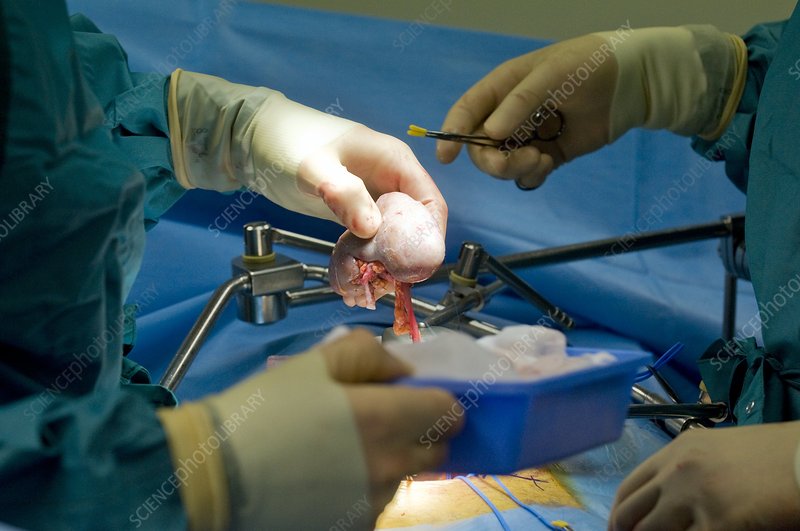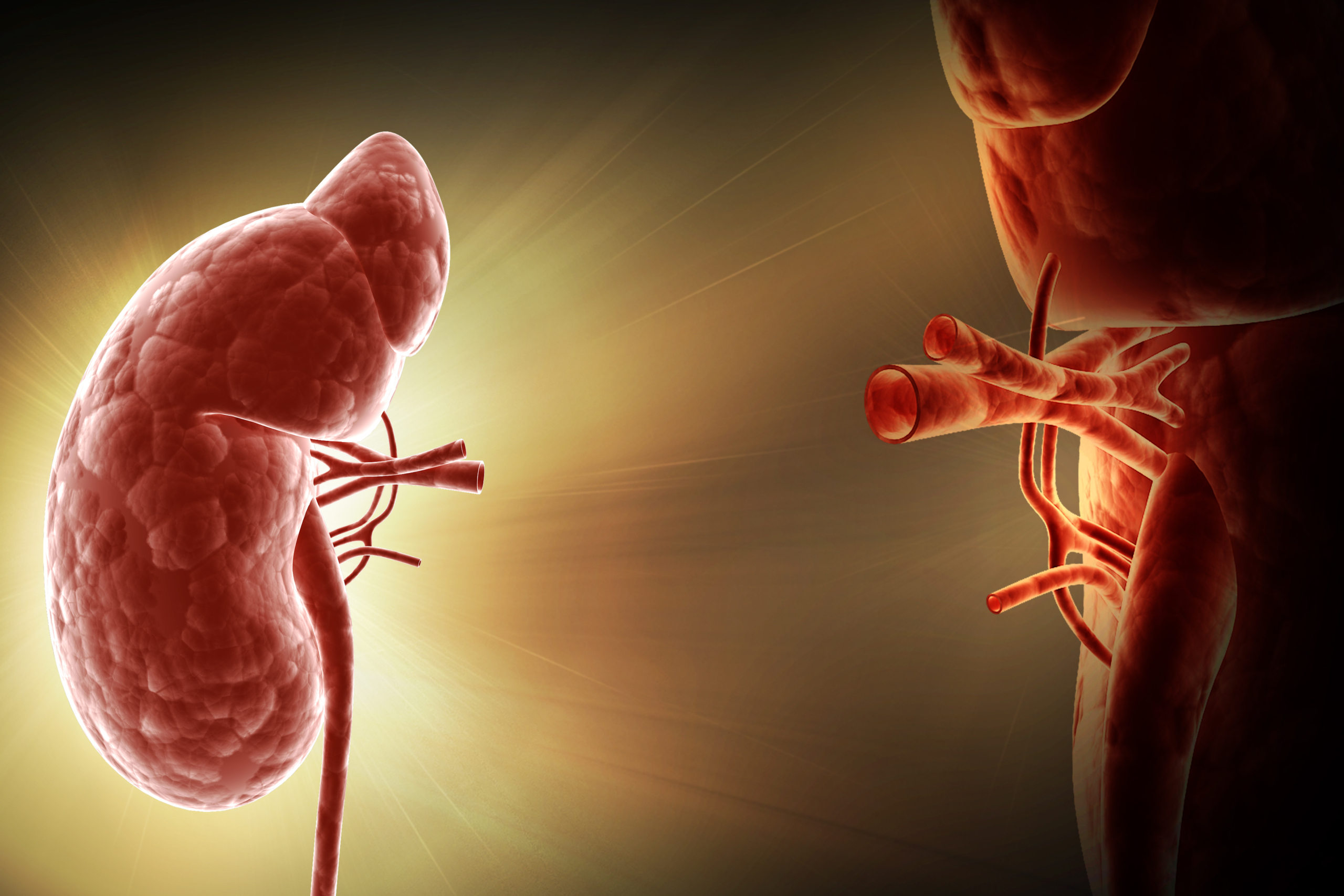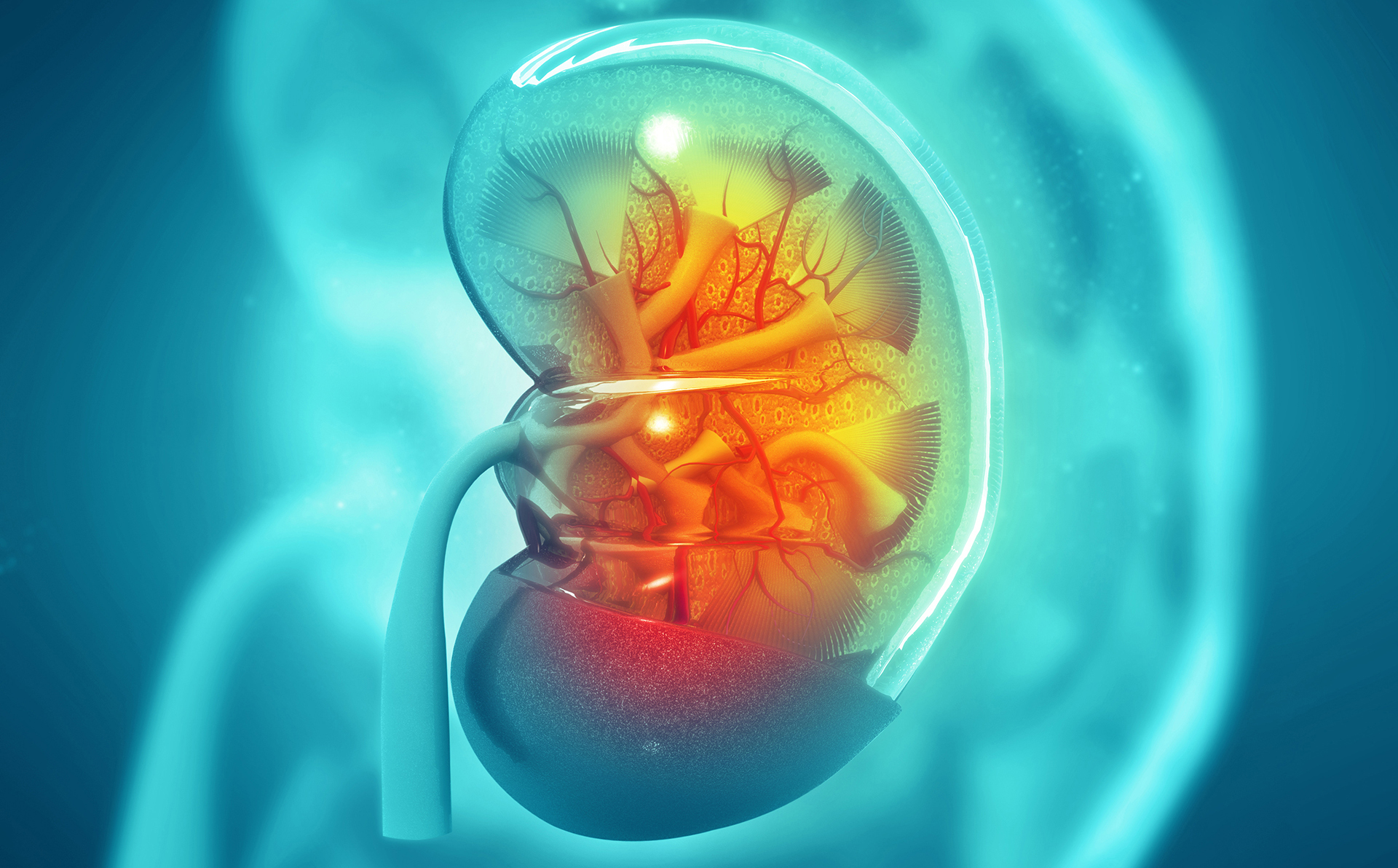Kidney Transplant
A kidney transplant includes surgically inserting a healthy kidney from a donor’s body into the person’s body with a damaged kidney and removal of the damaged kidney. Dead or living, both kinds of donors can give their kidneys for transplantation. It must be noted that the recipient of the kidney needs to take medications for a lifetime to keep the body from refusing the new organ. Once the transplant is done, you don’t need dialysis anymore.
Those who choose not to do any of these can take the help of the conservative treatment methods. Though, once the kidney fails, a person only has a few months to live.


Risk Factors Included
Apart from a person’s lifestyle, various factors pose a risk to developing CKD in a person. While some can be changed, some are non-modifiable factors.
Factors that may increase your risk of CKD are as follows
- High blood pressure
- Heart and blood vessel (cardiovascular) disease
- Diabetes
- Smoking
- Obesity
- African-American, Native American, or Asian-American lineage
- Family history of kidney diseases or related factors
- Atypical kidney structure
- Old age
- Low birth weight (generally related to weakened kidney growth, resultant in smaller nephrons.)
Complications
CKD is a disease that not only affects just the kidney but the whole body in general. The function of the kidney is so important that as soon as it stops working or gets damaged, the whole system of organs starts collapsing one by one. Potential complications consist of:
- Fluid retention
- Sudden rise in potassium levels in your blood
- Heart and cardiovascular disease
- Weakening of bones
- Anemiaerectile dysfunction and/or reduced fertility
- The nervous system gets affected
- weakened immune system
- Complication in Pregnancy
- Irreversible damage to the kidneys

